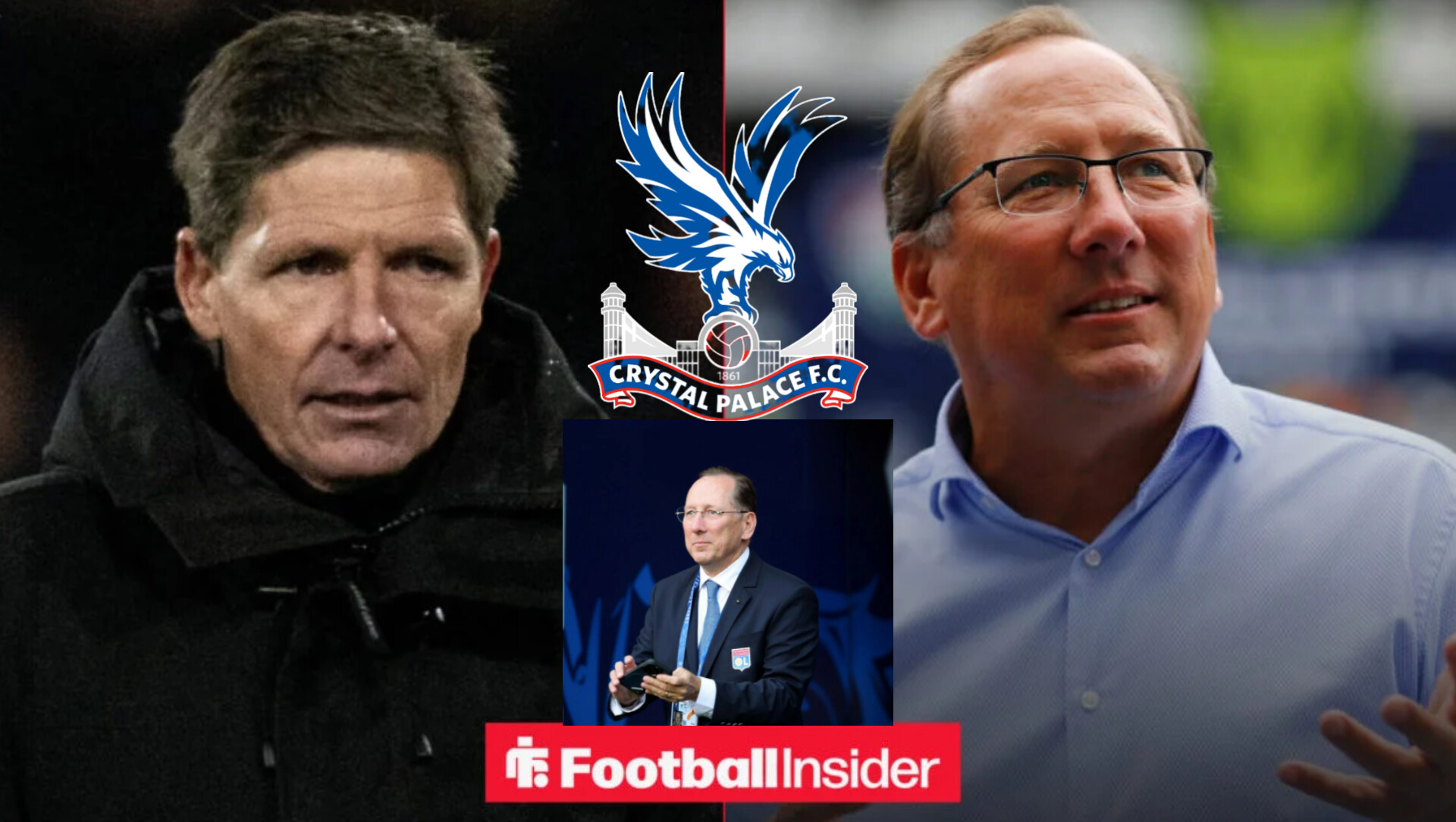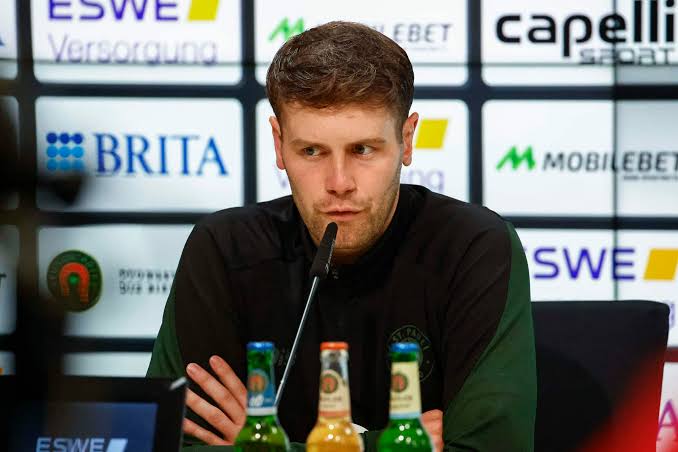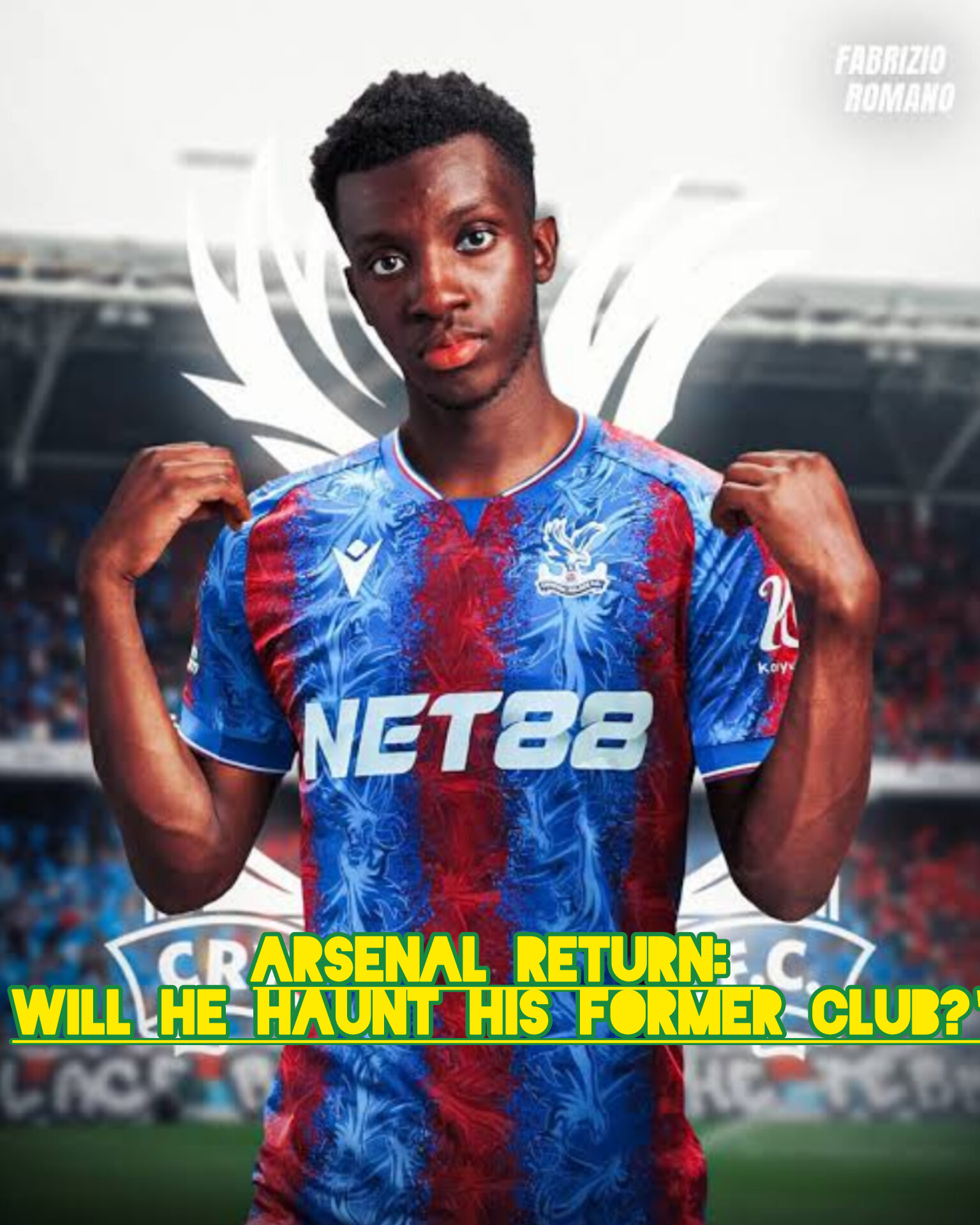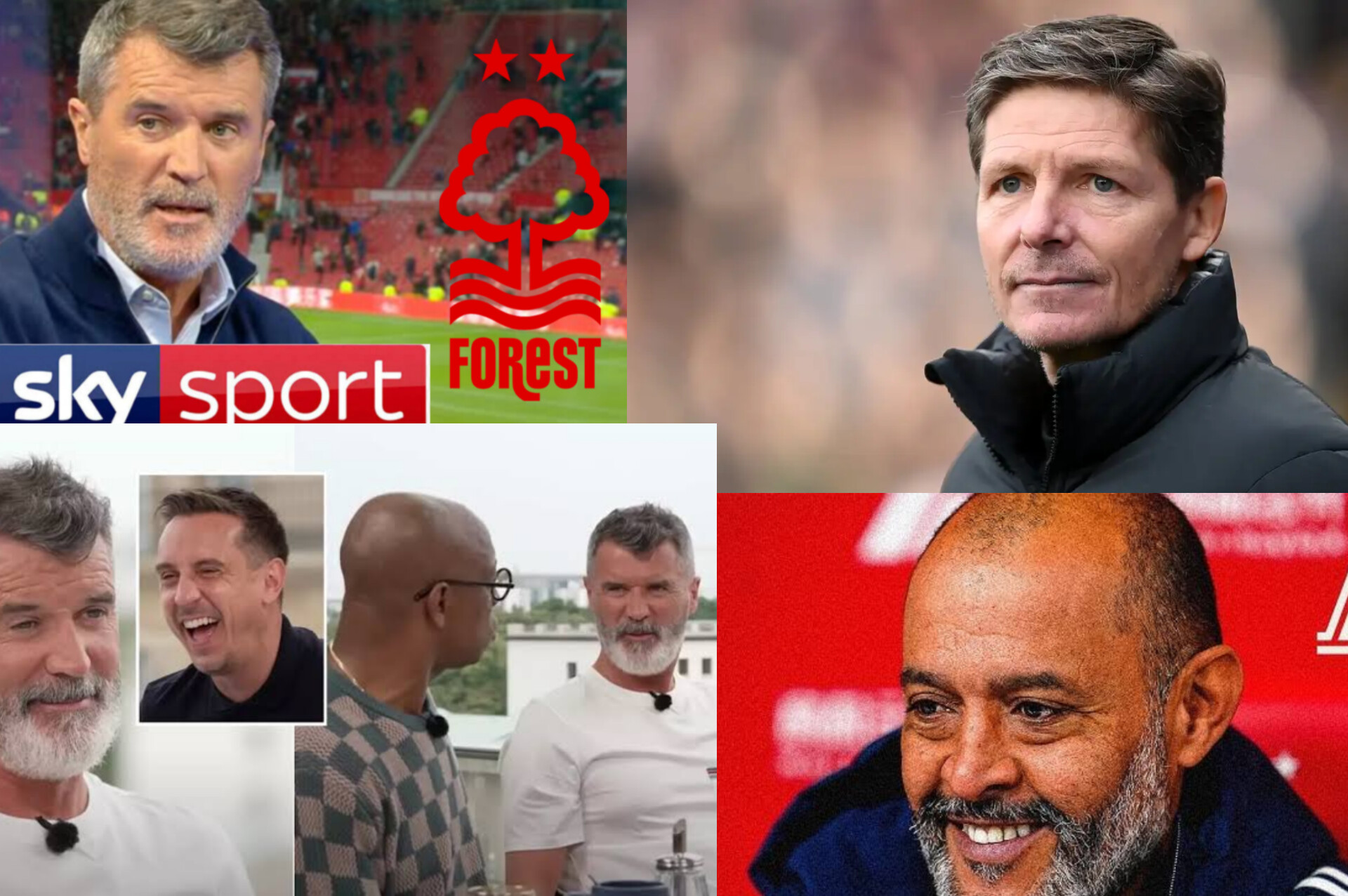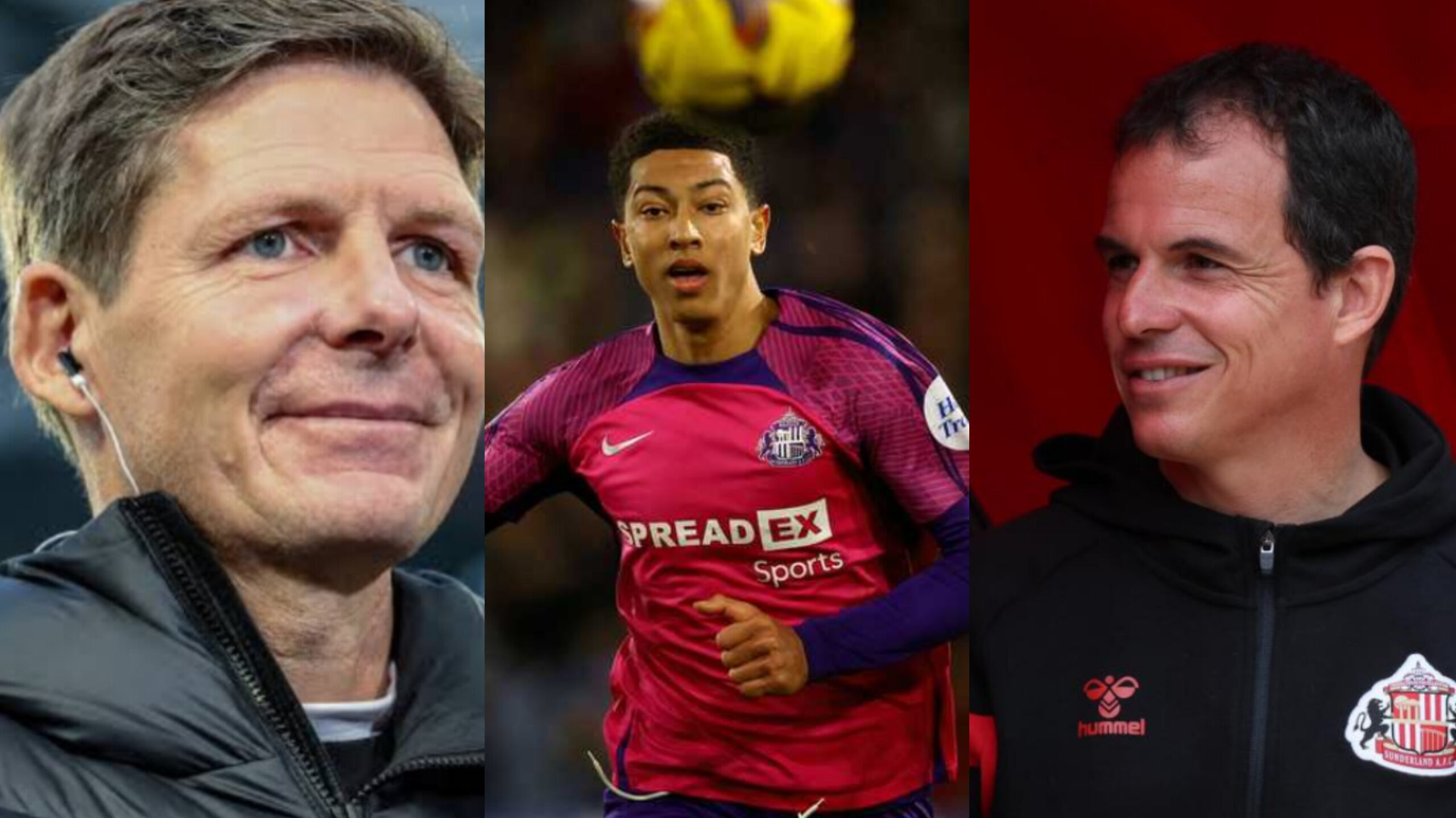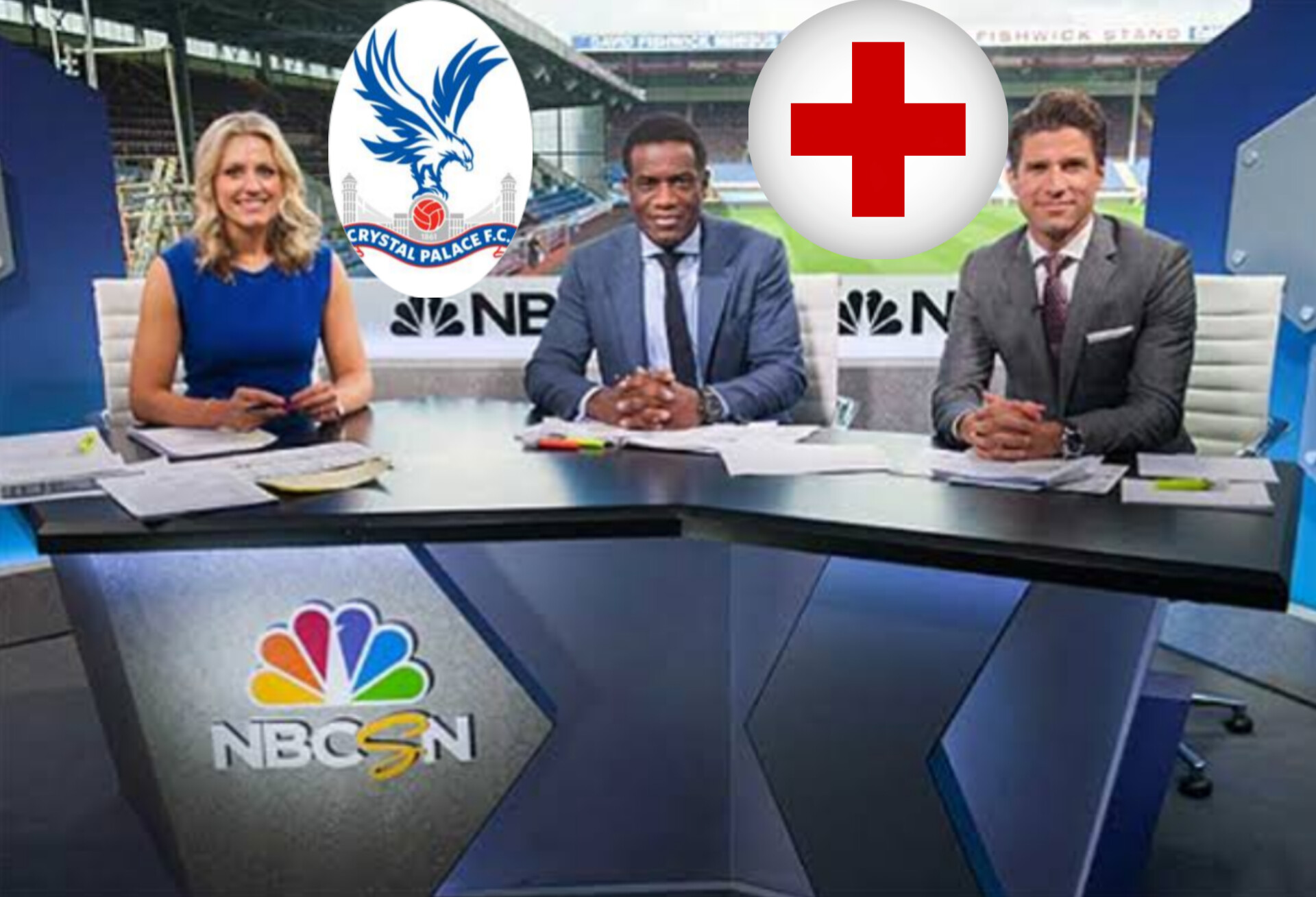Crystal Palace’s long-awaited return to European competition has hit a major snag due to a potential conflict involving co-owner John Textor, casting doubt on their participation in next season’s UEFA Europa League.
The Eagles booked their place in the tournament with a stunning FA Cup final win over Manchester City. However, the celebrations have been tempered by complications surrounding Textor’s control over multiple clubs—most notably French side Olympique Lyonnais, who have also qualified for the Europa League.
UEFA regulations strictly prohibit clubs with shared ownership or significant influence from competing in the same European competition. Textor, who owns a 45% stake in Crystal Palace, also controls Lyon, along with Botafogo (Brazil) and RWD Molenbeek (Belgium), through his company Eagle Football Holdings. The dual qualification of Lyon and Palace has triggered scrutiny over his level of influence in both clubs.
Financial and football governance expert Stefan Borson weighed in on the issue, telling *Football Insider* that while UEFA’s rules (specifically Article 5) make the situation complex, he expects Palace to resolve it in time. “It’s not entirely clear, but I suspect it will be fine,” Borson said. “UEFA’s threshold is about *significant influence*, not just shareholding. The key question will be how much control Textor actually wields over Palace’s decision-making.”
The complications are further heightened by Textor’s reported corporate ambitions. He is said to be exploring a complete takeover of Palace by acquiring shares from fellow stakeholders David Blitzer and Josh Harris. Moreover, he has publicly expressed a desire to take Eagle Football Holdings public on the New York Stock Exchange—an endeavor that would require him to maintain control over its clubs, potentially conflicting with any temporary handover of influence via a blind trust, a method used by other multi-club owners like Manchester City (with Girona) or Nottingham Forest (with Olympiacos).
“This is where it gets tricky,” Borson explained. “You can’t place a club in a blind trust to comply with UEFA and still push ahead with an IPO. Investors would need assurances of long-term control, and putting that in limbo could scare them off.”
Despite the complications, Borson remains optimistic that Palace will find a workaround, even if UEFA initially identifies a potential breach. “I think Palace will find a way. There’s too much at stake. Even if there’s a roadblock, the club and its lawyers will explore every possible solution.”
Meanwhile, off the pitch, Crystal Palace are preparing to secure their managerial future. *Football Insider* revealed that the club will soon enter contract negotiations with manager Oliver Glasner, whose current deal runs until June 2026. The Austrian tactician, linked with jobs at Tottenham Hotspur and RB Leipzig earlier in the season, is reportedly eager to lead Palace into their Europa League campaign.
Palace’s qualification for Europe marks a high point in the club’s recent history—but their ability to take part now hinges not on performance, but on the complex realities of modern football ownership.
